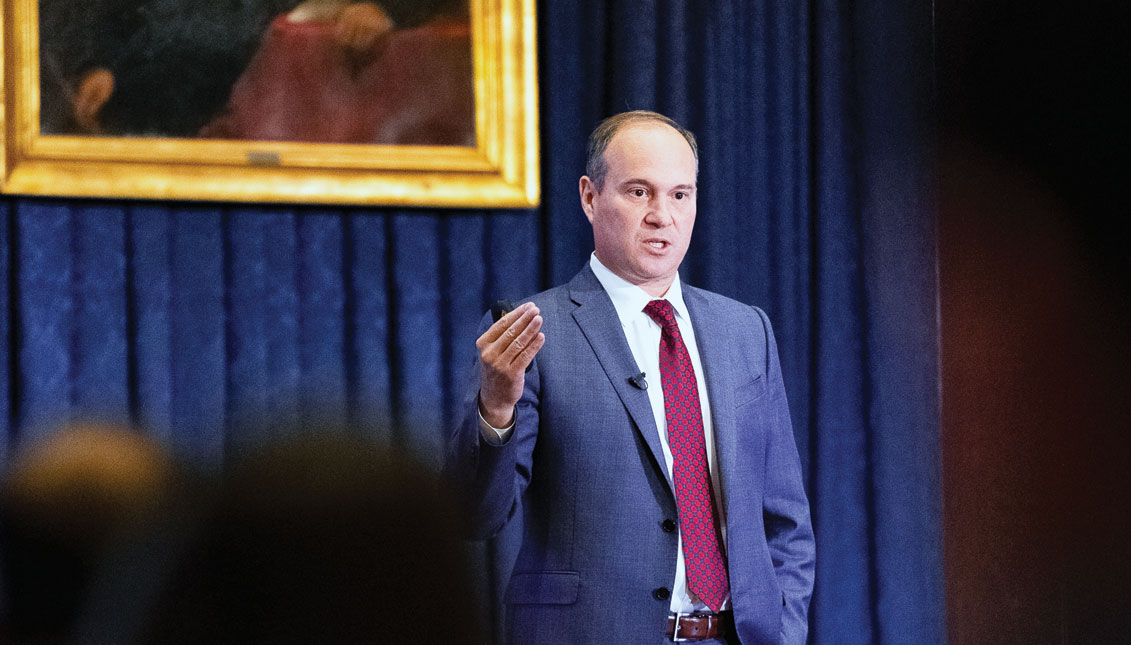
Joseph Dominguez: A CEO for a global age
The first Latino to serve as CEO of the largest public utility company in Illinois, ComEd, shared his vision for the future of energy in the U.S. and beyond at…
Joseph Dominguez had just taken over the helm of the largest public utility company in Illinois a scant four months before when he was faced with challenges borne of “one of the most brutal winters in Chicago history.”
The worst ice storm in twenty-plus years to hit the Windy City blew through just after Thanksgiving, and that was followed by the unprecedented polar vortex at the end of January 2019. Temperatures went down to negative 30 degrees Fahrenheit, with a wind chill that meant that it felt like negative 60 degrees when you stepped outside your door. Schools and offices closed as conditions worsened, power lines went down, and Illinois governor J.B. Pritzker declared a state of emergency.
As CEO of Commonwealth Edison, better known as ComEd, Dominguez has faced many challenges in his work to ensure that electrical power was either restored or ensured for the company’s more than four million customers across Northern Illinois - nearly 10,000 of whom lost power during the polar vortex. That meant late nights, working until 10 p.m., and early mornings, starting with calls about the company’s strategy and progress as early as 6 a.m.
But for Dominguez, his constant work directing quick action was nothing compared to the efforts of many of the company’s workers on the ground, “the troops,” as he refers to them, who he says have made him “proud” to be in a position to lead the company.
“These folks, who I deliberately call heroes, the way they go out there to tackle keeping the lights on for 4 million families and businesses under the worst circumstances, you can’t watch that without coming away with a great sense of awe, and you can’t watch that without coming away with a great sense of pride to be in the position, to have this seat to represent them,” he said.
The CEO said that thinking about the workers on the ground facing those extreme weather conditions is just one example of many that highlight the necessity for public utility companies and all corporations in the energy sector to develop substantive tools to combat the effects of climate change and mitigate the factors contributing to global warming.

In a one-on-one interview with AL DÍA CEO Hernán Guaracao at the Union League on May 15, and in a keynote address delivered to an audience of more than 100 people that evening as the inaugural event of AL DÍA’s Global Speaker series, Dominguez stressed the importance of a cohesive strategy on the part of energy corporations, and public utility companies such as ComEd, in particular, to address both climate change and also the existing social equity issues present in Chicago, Philadelphia, and other cities and areas throughout the country.
Dominguez remains mostly unknown to a national audience - he has served as the CEO of the ComEd for just 10 months, and admitted in his interview with AL DÍA that he naturally prefers to work more “behind the scenes” and maintain a low profile. But his willingness to step up and discuss issues of climate change, work equity, and diversity and inclusion has made it clear that Dominguez is at the forefront of a wave of globally-minded business leaders who are defining the future of the U.S. and beyond.
Dominguez’s path to corporate success was anything but predictable. He was born in Union City, New Jersey, to parents who had fled Cuba in the early 1950s, when the revolution began which would bring Fidel Castro to power in 1959.
His father was a sheet metal worker, and “from his perspective, it would have been great if Joe was a sheet metal man, too,” Dominguez told AL DÍA. But his mother had different ideas.
“My mother was, perhaps, the most amazing person I have ever met in my life,” said Dominguez, who lost his mother over 15 years ago.
Though she never graduated high school, she was an avid reader who could “read a book a night,” in English or Spanish, he recalled. It was his mother’s “tremendous appetite for knowledge” and commitment to education that led Dominguez and his sister to pursue undergraduate and graduate studies as they got older.

Dominguez originally followed in the footsteps of his father, who had dreamed of becoming an engineer as a young man in Cuba, but never had enough money to be able to enroll in any programs. But after earning his bachelor’s degree in mechanical engineering at the New Jersey Institute of Technology and working in the field, Dominguez decided, with the encouragement of his mother, to pursue his dream of becoming a lawyer.
The former engineer graduated from Rutgers University School of Law and went on to work in the Philadelphia area as a partner in the law firm of White and Williams, LLP, as well as an assistant U.S. attorney in the Eastern District of Pennsylvania.
Experience in both the engineering and legal fields of energy has given Dominguez a unique advantage as an executive in the sector, he noted.
“I like to think that the foundation I laid, starting out from the technical side working as an engineer for about six years or so, and then moving into law and public policy gave me a good rounding to take on the role of the CEO,” said Dominguez.
In 2002, Dominguez joined Exelon, the parent company of both ComEd and Philadelphia-based PECO, as their associate general counsel, responsible for litigation in the Mid-Atlantic region. Dominguez became general counsel for PECO in 2004, and in 2007 became senior vice president of state regulatory and government affairs and general counsel of Exelon Generation.
From there, Dominguez also served as senior vice president of communications in 2009. Before becoming CEO of ComEd, Dominguez was the executive vice president of government and regulatory affairs and public policy for Exelon, a role which allowed him to focus on developing and implementing regulatory and public policy strategies at the federal, state, and regional levels for one of the country’s largest electrical companies.
It’s an impressive list of achievements, which includes various honors and prizes that Dominguez has been awarded along the way. But he told AL DÍA that his career trajectory was never planned - he simply has focused on gaining the most from each position and developing his skills each step of the way.
Dominguez said that for him, and for other leaders, having an understanding of a unique cultural experience and heritage is an asset in Corporate America.
“If you come out of a background where I think you didn’t necessarily always feel like you fit in, in every situation - I know I didn’t -, I think your sensitivity is heightened,” he reflected. “And your ability to kind of talk to folks and make them feel comfortable, and be sensitive to their issues, is heightened, and I think that’s a real key to success.”
Comprehensive inclusion is something that Dominguez believes is integral to the bottom-line of all corporations. He said that of all the advice he would pass on to other executives at his company, the most prevalent - would be to “create opportunities for others.”
“We know that talent exists everywhere. As it turns out, the good Lord spread it around pretty much like peanut butter. But opportunity hasn’t existed everywhere. So creating opportunities for people who haven’t seen them is kind of the key to success,” said Dominguez.
RELATED CONTENT

Dominguez added that companies have to have their “heart and soul” into diversity and inclusion so that it’s “not just a numbers game.” To ensure that inclusion is truly there, the “company culture” itself also has to be reassessed and reformed.
“Unless you’re prepared to help people fit in, and allow for different styles, then you’re not going to move the needle. And I think those companies that claim to be diverse and in fact have brought people in but can’t move the needle, it’s because they haven’t taken advantage of that diversity,” he said.
Dominguez emphasized that the last seven years for ComEd have been its best seven years, with an improvement in electric reliability of over 60 percent - and it’s no coincidence that that growth has come alongside substantive efforts to increase diversity and inclusion within the organization.
In the same seven-year period, ComEd quadrupled the amount of money spent with businesses owned by women and people of color, to the point that now 40 cents of every dollar they spend is with a woman-owned business or a business owned by people of color. In the workforce, 70 percent of those hired have been women and people of color. Right now, Dominguez’s management team is 60 percent diverse.
“To me this focus on diversity and inclusion is not disconnected from the success we’ve had as a business,” Dominguez said. “I think people used to say, ‘Hey, ComEd is a great company, and it does diversity and inclusion.’Today I think people will say that ComEd is a great company because it does diversity and inclusion well.”
Though still controversial at the level of national politics, the need to address climate change is accepted by many corporate leaders as a bottom-line necessity. Extreme weather events, increase in temperatures, polar vortexes, and more affect profits, equipment, consumer base - anything and everything. And to ignore it and not put in place measures to mitigate its effects and reduce its impact is a failure of not simply moral conscience but business acumen, according to Dominguez and the views outlined by ComEd’s parent company of Exelon.
In his speech to the close to 100 guests gathered at the Union League of Philadelphia, Dominguez devoted nearly all 40 minutes of his address to explaining the disasters and difficulties climate change has already contributed to for people across the U.S., why utility companies such as ComEd need to care, and what ComEd and others in the energy sector can do about it.
ComEd’s parent company, Exelon, is one of the 13 Fortune 500 corporations and their subsidiaries who have recently formed CEO Climate Dialogue, a group dedicated to recommending policy at the national level that would reduce carbon emissions by 80 percent by 2050.
For Dominguez and other leaders in the energy sector, it is clear that in the absence of national legislation on climate change, these kinds of conversations in the private sector and at the state and local levels will be what drive necessary action to create a truly sustainable electric grid and energy supply for the future.
That means incorporating renewable energy sources - such as solar and wind energy - into the power grid, while at the same time figuring out a way to ensure power quality and consistency. This, however, presents challenges due to the fact that most renewable energy sources are intermittent, and cannot be relied on 24/7 to provide power.
Though Dominguez acknowledged in his speech that it is a challenge on par with “landing on Mars,” it is one he believes that we are prepared to tackle.
But integral to creating that new system is creating opportunities for communities that have long been deprived of them.
“If you believe, as I do, that climate change is real, it’s something that we’re going to have to marshal every resource to tackle, then that’s going to create a lot of job opportunities,” Dominguez told AL DÍA.
“It’s important that [companies] like Exelon, PECO, ComEd ensure that those job opportunities and all the good things that spring from this transformation get felt in the places that we need jobs, and we need economic opportunity.”


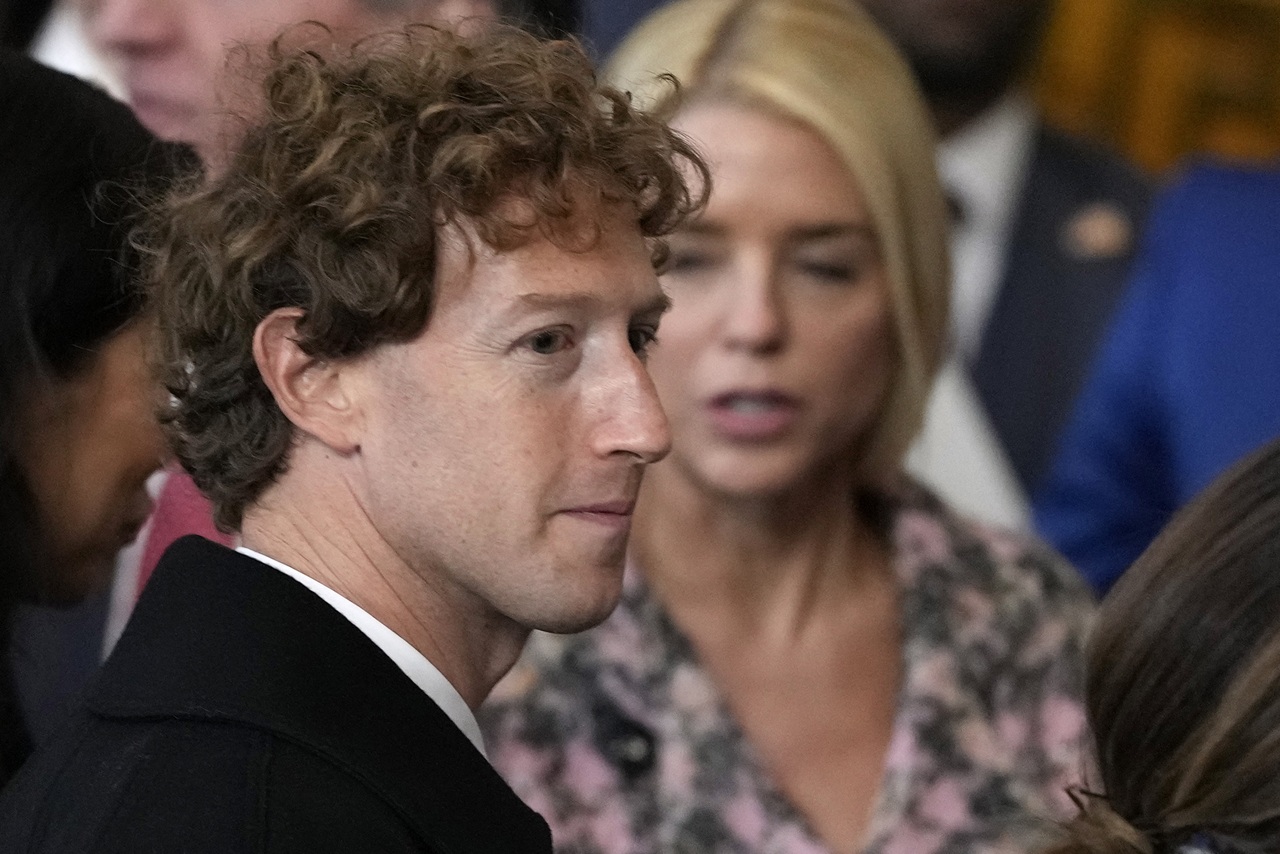

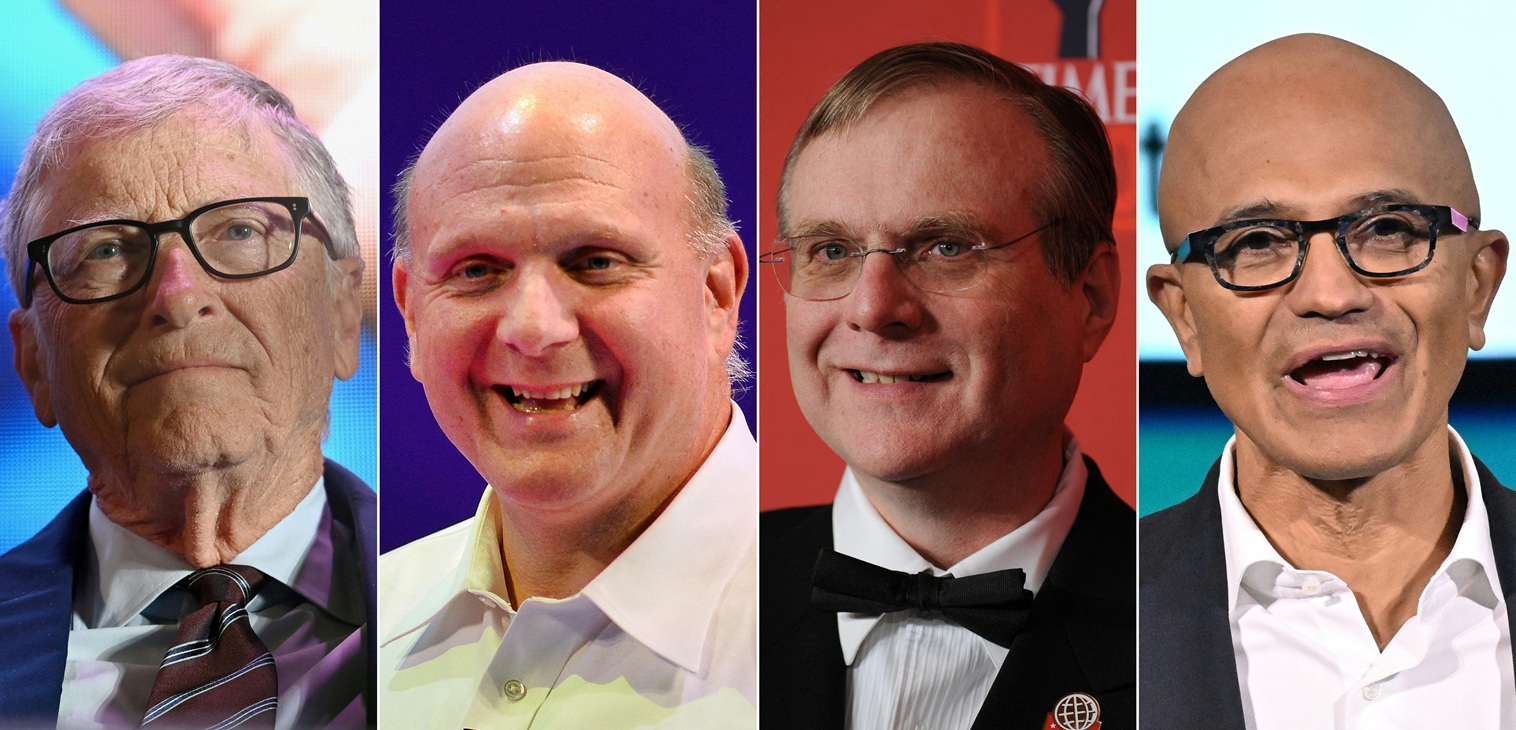

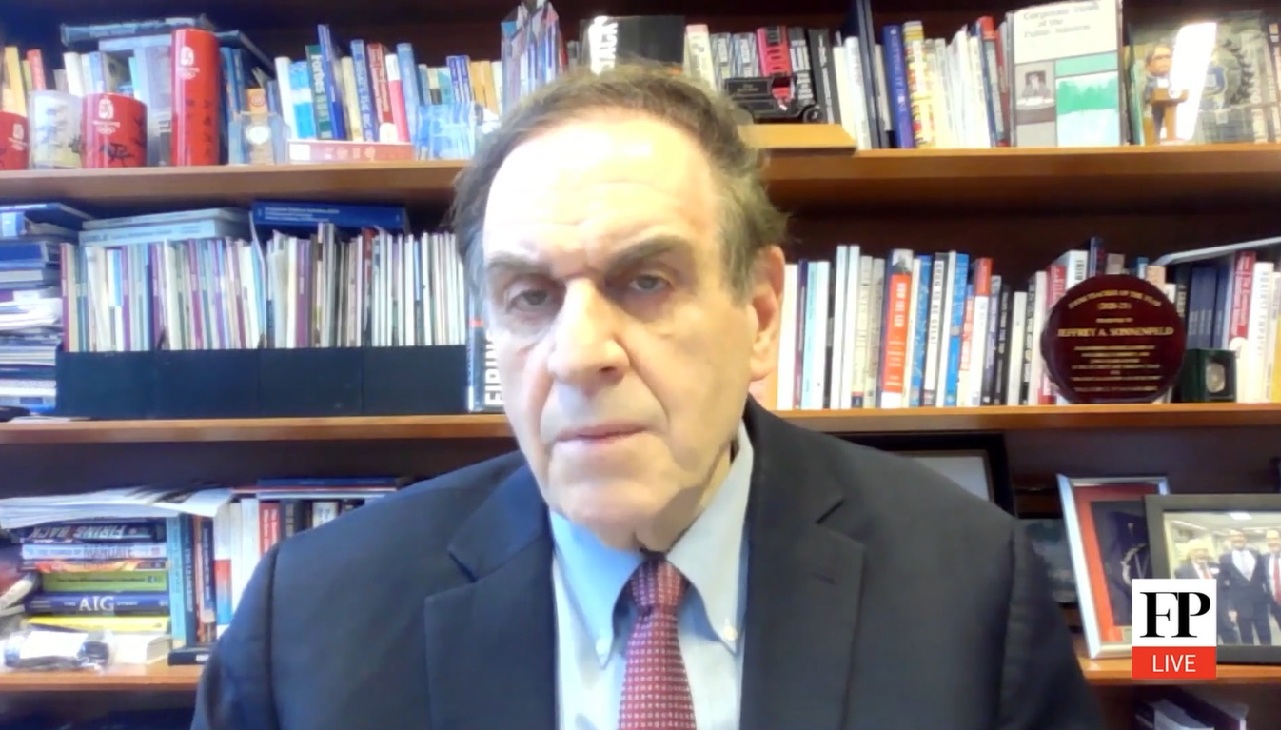
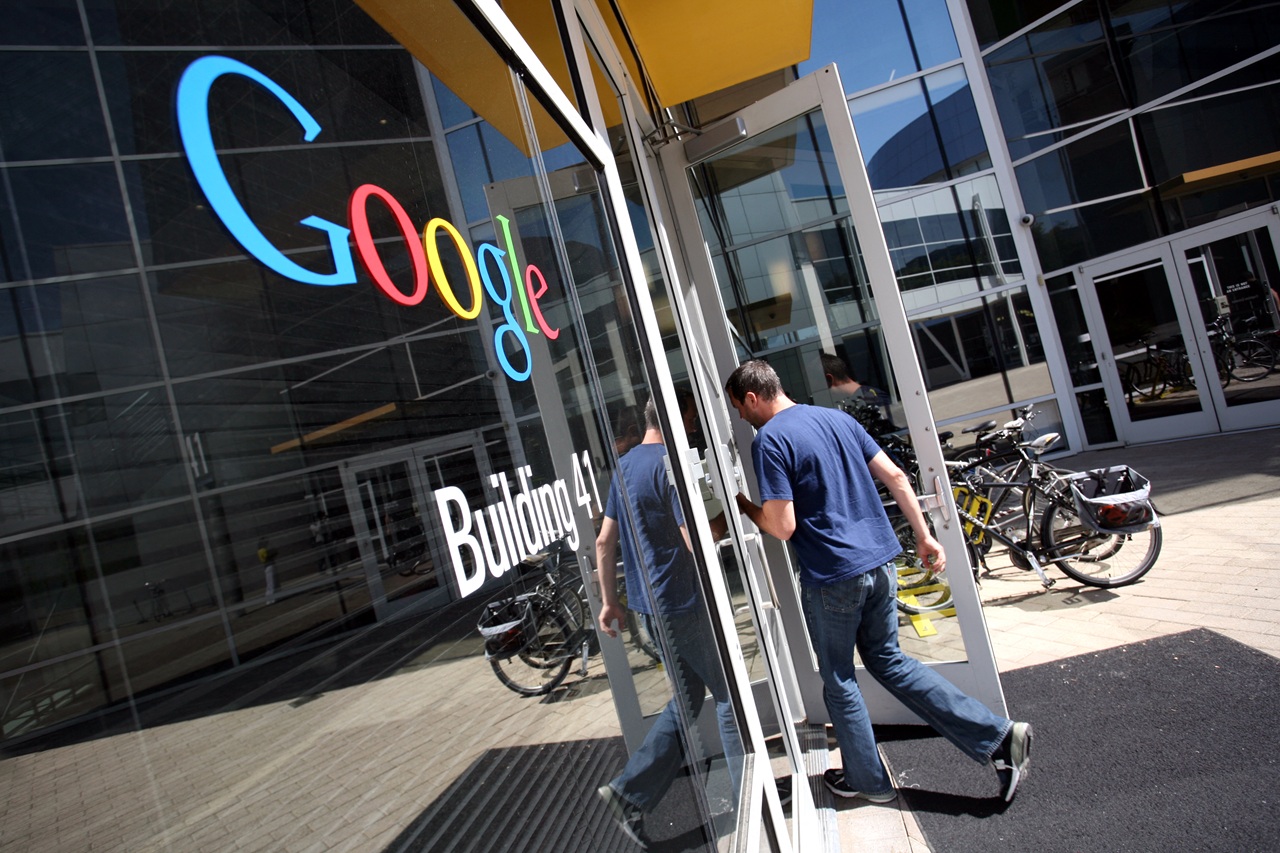



LEAVE A COMMENT: